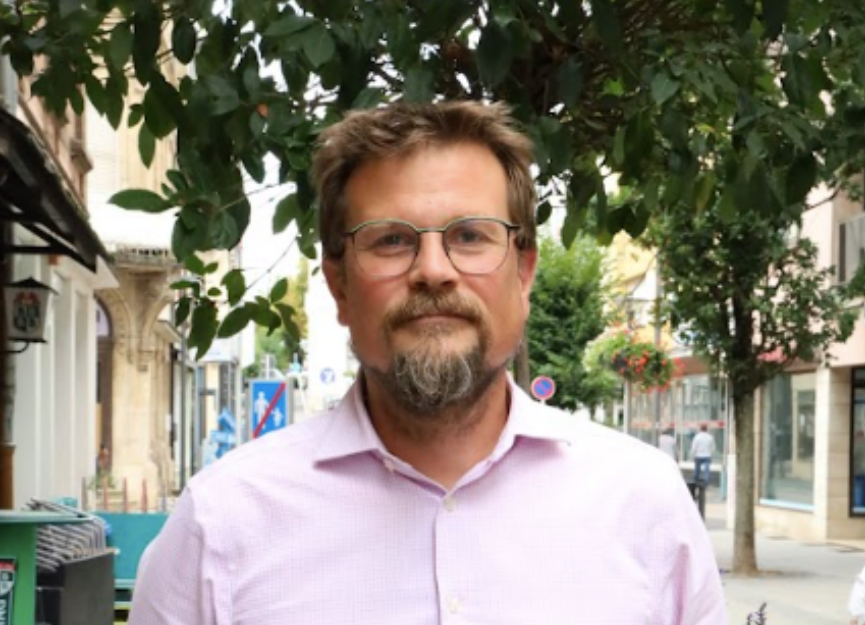IAS Workshop on Sustainability
In today’s fast-paced world, sustainability is more than environmental awareness – it is a chance for growth, innovation, and impact. This workshop invites participants to explore sustainability holistically, fostering collaboration between academia, industry, and civil society. Through discussions, case studies, and a keynote lecture, attendees will see how sustainability drives positive change. Let’s shift our view from burden to opportunity, shaping a more sustainable future together.
Keynote: Xavier Turquin, New director of Greenpeace Luxembourg
This will be followed by a game, facilitated by CELL, in which players build their own strong economy as world leaders, balancing their action between growth and sustainability in the context of global climate change.
Programme
-
14.00 – 14.10
Introduction By Prof. Claus Vögele, Head of IAS
-
14.10 – 15.00
Sustainability is our compass, but what is the destination? and Q&A By Xavier Turquin, Greenpeace Luxembourg
-
15.00 – 15.15
Coffee Break and networking
-
15.15 – 17.00
Game “Climate Challenge” By CELL – Citizens for Ecological Learning and Living
Biography Xavier Turquin
With a degree in finance and information systems, Xavier Turquin spent most of his career in the banking sector (BGL BNP Paribas) and in auditing firms (Deloitte). His career took a turn after a burn-out during the Covid crisis, which made him realize that his professional aspirations were no longer in line with his values. He then decided to set up his own company, transition.lu, to raise awareness among companies of a more responsible and sustainable economic model.
In September 2024, he succeeded Raymond Aendekerk as Director at Greenpeace Luxembourg. His mission is “to raise awareness of the importance of ecology in the Luxembourg system, a small country with a strong economy, and to tip our society towards a safer and fairer world.”

About CELL
CELL is an eco-citizen movement whose mission is to imagine and implement concrete solutions to the climate crisis and the societal challenges it poses. Since its creation in 2010, CELL has been creating and supporting local and regional ecological and social transition projects, such as community gardens, third places, Repair Cafés and energy cooperatives. Their vision is to co-construct a transition for all through a profound transformation of our social model. Their climate action is based on a systemic approach to climate issues, including 7 themes interconnected: respect for life, food, economic, energy, territorial, democratic and social transition.
Contact: ias@uni.lu